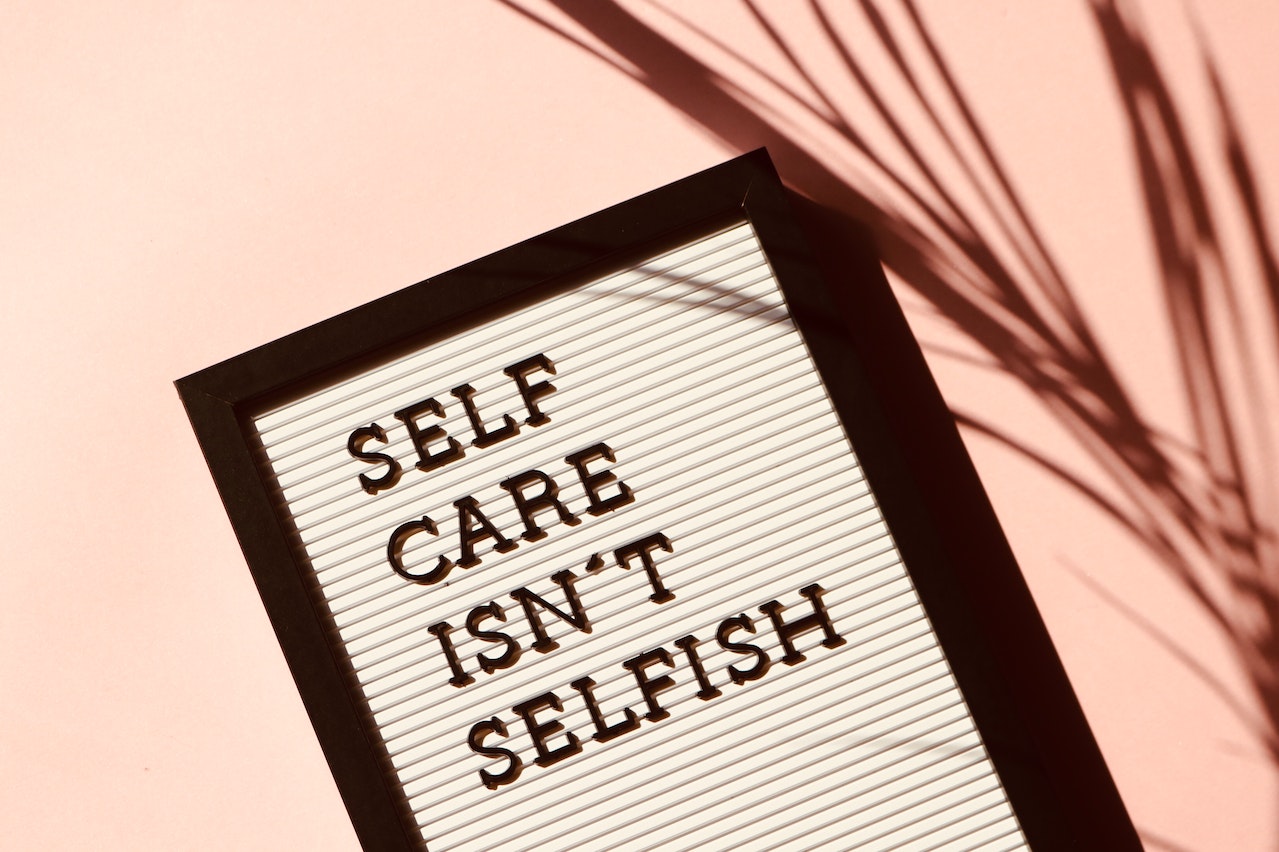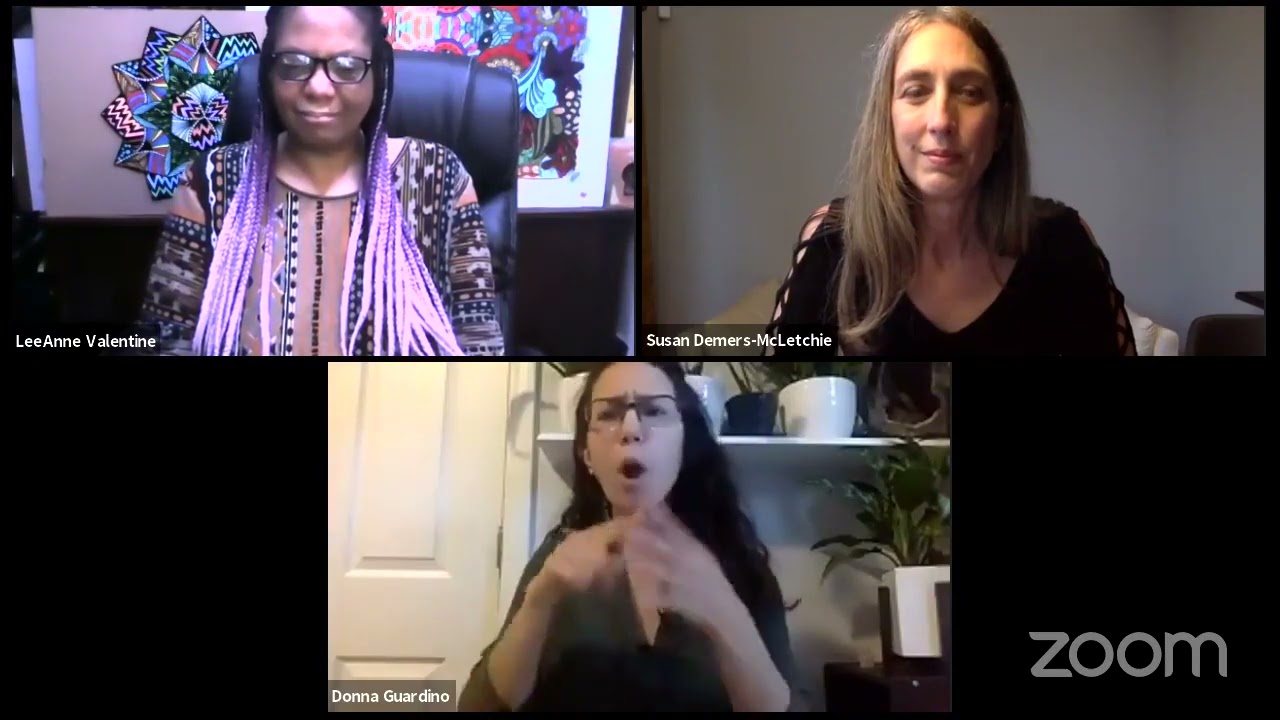Understanding The Importance Of Mental Health In The Deaf And Hard Of Hearing Community - Breaking The Stigma
In this article you will learn understanding the importance of mental health in the deaf and hard of hearing community. Mental health is a crucial aspect of overall well-being, yet it is often overlooked or stigmatized in the Deaf and Hard of Hearing (DHH) community.
Author:Suleman ShahReviewer:Han JuMar 16, 2023116.3K Shares1.8M Views

In this article you will learn understanding the importance of mental health in the deaf and hard of hearing community.
Mental healthis a crucial aspect of overall well-being, yet it is often overlooked or stigmatized in the Deaf and Hard of Hearing (DHH) community.
While the hearing population may face mental healthchallenges, the DHH community is often at higher risk due to communication barriers and other challenges.
In this article, we will explore the importance of mental health in the DHH community and the challenges they face.
Mental Health In The Deaf Community
Mental health is a crucial aspect of overall well-being, and the deaf community is no exception. However, the deaf community often faces unique challenges related to their communication barriers, which can impact their mental health in various ways.
Therefore, it is crucial to understand the specific needs of the deaf community regarding mental health.
One of the most significant challenges faced by the deaf community is the difficulty in accessing mental health services.
Due to a lack of resources or accommodations, many deaf individuals struggle to receive the mental health support they need.
For example, many mental health professionals are not fluent in sign language, and as a result, communicating with deaf individuals can be challenging.
This language barrier can create significant misunderstandings or communication gaps that can prevent deaf individuals from receiving proper mental health care.
Moreover, deaf individuals may struggle to find mental health services that are affordable, accessible, and culturally responsive.
Another significant issue is the stigma surrounding mental health in the deaf community. There is often a lack of education and awareness about mental health in the deaf community, which can lead to negative attitudes toward individuals experiencing mental health issues.
The deaf community may also face added stigma from the hearing community, which can exacerbate feelings of isolation and inadequacy.
This lack of understanding and acceptance of mental health concerns can make it even more challenging for deaf individuals to seek the help they need.
Mental Health Services For The Deaf
Mental health services for the deaf community are essential for providing the necessary support for individuals with mental health concerns.
However, due to communication barriers and a lack of resources, accessing mental health services can be a challenge for deaf individuals.
Therefore, it is essential to create mental health services that are accessible, culturally responsive, and inclusive of the deaf community.
One of the most critical components of mental health services for the deaf community is communication accessibility.
Deaf individuals communicate primarily through sign language, so mental health professionals must be proficient in sign language or have access to qualified sign language interpreters.
In addition, visual aids such as written materials or videos can be helpful for deaf individuals who may have difficulty understanding verbal instructions.
Another important factor to consider when providing mental health services for the deaf community is cultural sensitivity.
Mental health professionals should understand the unique experiences and challenges faced by deaf individuals and be able to provide culturally sensitive care.
This includes understanding the deaf culture, communication barriers, and the impact these factors can have on mental health.
By being sensitive to these factors, mental health professionals can provide better quality care that is more tailored to the needs of the deaf community.
Understanding The Importance Of Mental Health In The Deaf And Hard Of Hearing Community - Deaf Struggles In A Hearing World
Deaf individuals often face numerous challenges and struggles when navigating a predominantly hearing world.
The communication barriers that exist between deaf individuals and the hearing community can create significant challenges in accessing education, employment, healthcare, and social interactions.
One of the most significant struggles faced by deaf individuals is communication. Deaf individuals primarily communicate through sign language, and as a result, communication with the hearing community can be challenging.
Many hearing individuals are not proficient in sign language, and as a result, communication can be slow, misunderstood, or even impossible.
This can create significant barriers in education, employment, and healthcare, which can limit opportunities for deaf individuals.
In addition, deaf individuals often face discrimination and isolation due to their deafness. Many hearing individuals may not understand the challenges that deaf individuals face and may hold negative attitudes toward them.
This can lead to feelings of isolation, exclusion, and discrimination in the deaf community. It can also impact their mental health and well-being, leading to feelings of depression, anxiety, and social isolation.

Mental Health Awareness & the Deaf Community MDisability Deaf Health Talks & Partners in Deaf Health
Deaf Mental Health Training
Deaf mental health training is essential for mental health professionals to provide effective and culturally responsive care to the deaf community.
Mental health professionals who work with the deaf community should be proficient in sign language and have an understanding of the unique experiences and challenges faced by deaf individuals.
This requires specialized training to ensure that mental health professionals have the necessary skills and knowledge to provide high-quality care to the deaf community.
One of the primary components of deaf mental health training is learning sign language. Mental health professionals should be proficient in sign language to communicate effectively with deaf clients.
Sign language is the primary mode of communication for the deaf community, and mental health professionals must be able to communicate effectively to provide high-quality care.
In addition, mental health professionals should be familiar with deaf culture, including social norms and values, to better understand the unique experiences and challenges faced by the deaf community.
Furthermore, mental health professionals should be trained to use visual aids such as videos, written materials, and diagrams to facilitate communication with deaf clients.
These aids can help make mental health information more accessible and understandable for deaf individuals who may have difficulty understanding verbal instructions.
People Also Ask
What Is The Prevalence Of Mental Health Issues Among The Deaf Community?
The prevalence of mental health issues among the deaf community is higher than the general population due to communication barriers and social isolation.
What Are Some Of The Unique Mental Health Challenges Faced By Deaf Individuals?
Some of the unique mental health challenges faced by deaf individuals include communication barriers, social isolation, discrimination, and lack of access to mental health services.
How Can Mental Health Professionals Be Better Trained To Work With The Deaf Community?
Mental health professionals can be better trained to work with the deaf community through specialized training that includes sign language proficiency, cultural sensitivity, the impact of deafness on mental health, and the use of assistive technology.
What Are Some Strategies For Promoting Better Mental Health Outcomes For The Deaf Community?
Strategies for promoting better mental health outcomes for the deaf community include improving access to mental health services, increasing awareness and understanding of deaf culture and language, and promoting inclusivity and accessibility in all aspects of society.
Conclusion
In conclusion, mental health is a critical component of overall well-being, and the DHH community often faces unique challenges that can impact their mental health.
It is essential to prioritize mental health awareness, reduce stigma, and improve access to mental health resources in the DHH community.
By working together to promote mental health, we can help improve the quality of lifeand well-being of those in the DHH community.
Understanding the importance of mental health in the Deaf and Hard of Hearing community is vital for creating a more inclusive and supportive society.

Suleman Shah
Author
Suleman Shah is a researcher and freelance writer. As a researcher, he has worked with MNS University of Agriculture, Multan (Pakistan) and Texas A & M University (USA). He regularly writes science articles and blogs for science news website immersse.com and open access publishers OA Publishing London and Scientific Times. He loves to keep himself updated on scientific developments and convert these developments into everyday language to update the readers about the developments in the scientific era. His primary research focus is Plant sciences, and he contributed to this field by publishing his research in scientific journals and presenting his work at many Conferences.
Shah graduated from the University of Agriculture Faisalabad (Pakistan) and started his professional carrier with Jaffer Agro Services and later with the Agriculture Department of the Government of Pakistan. His research interest compelled and attracted him to proceed with his carrier in Plant sciences research. So, he started his Ph.D. in Soil Science at MNS University of Agriculture Multan (Pakistan). Later, he started working as a visiting scholar with Texas A&M University (USA).
Shah’s experience with big Open Excess publishers like Springers, Frontiers, MDPI, etc., testified to his belief in Open Access as a barrier-removing mechanism between researchers and the readers of their research. Shah believes that Open Access is revolutionizing the publication process and benefitting research in all fields.

Han Ju
Reviewer
Hello! I'm Han Ju, the heart behind World Wide Journals. My life is a unique tapestry woven from the threads of news, spirituality, and science, enriched by melodies from my guitar. Raised amidst tales of the ancient and the arcane, I developed a keen eye for the stories that truly matter. Through my work, I seek to bridge the seen with the unseen, marrying the rigor of science with the depth of spirituality.
Each article at World Wide Journals is a piece of this ongoing quest, blending analysis with personal reflection. Whether exploring quantum frontiers or strumming chords under the stars, my aim is to inspire and provoke thought, inviting you into a world where every discovery is a note in the grand symphony of existence.
Welcome aboard this journey of insight and exploration, where curiosity leads and music guides.
Latest Articles
Popular Articles
